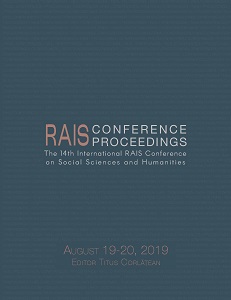How Globalization has Changed Diplomacy
How Globalization has Changed Diplomacy
Author(s): Sophie Nanyonga
Subject(s): International relations/trade, Globalization
Published by: Scientia Moralitas Research Institute
Keywords: diplomacy; globalization; international relations; integration; communication;
Summary/Abstract: Globalization, which refers to the changes in time and space is perhaps one of the most significant events in this century. It has brought with it, unique changes in communication, trade, mobility, international security, and migration. Some have argued that its impact has further weakened the place and role of the state in international politics, given many actors who have emerged in this process. This paper seeks to examine how the changes in time and space are affecting diplomatic relations among states. While it is true that several actors are today playing some roles previously reserved for the state, the field of diplomacy seems to have been protected from non-state actors as government representatives still dominate diplomatic channels. By looking at events such as the Gulf Cooperation Council’s role in the Yemen Political crisis and Economic Community of West African States’ (ECOWAS) role in Gambia’s political turmoil, a new form of regionalized diplomacy is seen. The case of the Syrian crisis also has realized a shift from bilateral to multilateral diplomacy. The writer argues that the changes in space have had little effect on diplomacy but rather the changes in time, largely associated with the rapid flow of information have transformed how diplomacy is practiced today. The paper adopts a qualitative research approach and relies on data from secondary sources like textbooks, among others.
Book: Proceedings of the 14th International RAIS Conference on Social Sciences and Humanities
- Page Range: 146-152
- Page Count: 6
- Publication Year: 2019
- Language: English
- Content File-PDF

